Walz’s handling of BLM riots, strict COVID rules under microscope after Harris VP pick
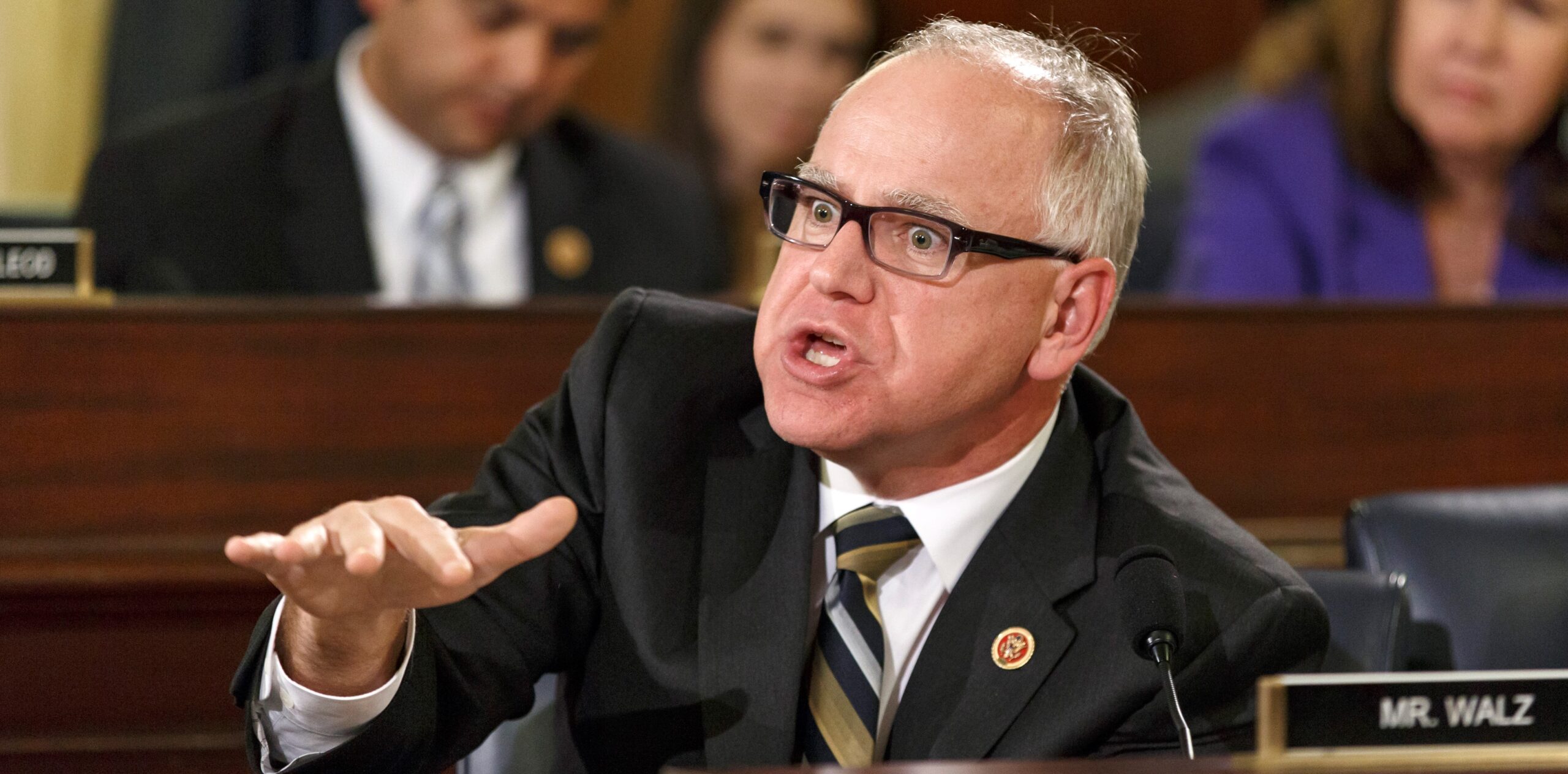
Vice President Kamala Harris’ pick of Minnesota Gov. Tim Walz as a running mate will put the Democratic governor’s handling of the COVID-19 pandemic and widespread riots in the state back in the national spotlight.
“[H]e’s been a disaster for Minnesota and is by far the most partisan governor that I can remember having,” Minnesota GOP Chairman David Hann told Fox News Digital last week. “Going back to 2020, certainly – he did nothing to try to stop the riots going on in Minneapolis. I think he was fearful of alienating his ‘progressive’ base, who were supporting the riots. Kamala Harris was raising money for the rioters.”
The comments came as Harris was narrowing her shortlist on who to tap as a running mate, with the decision reportedly coming down to Walz and Pennsylvania Gov. Josh Shapiro. The vice president ultimately decided on Walz, whom Democrats believe has the experience and swing-state credentials to push the Harris ticket over the top.
“Governor Walz has been a strong leader, a great partner with the [l]egislature,” Minnesota Democratic House Speaker Melissa Hortman told Fox News Digital in a statement. “We worked together over the last two years on the most productive session in Minnesota in decades, passing policies that will help Minnesotans build better lives for themselves and their families.”
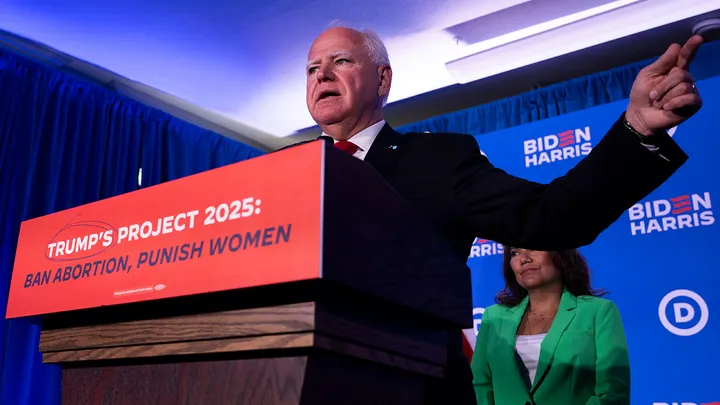
Hortman added that “the last two years are a shining example that Tim Walz is good at working with strong women in full collaboration to get things done.”
Meanwhile, critics point to Walz’s memorandum mandating indoor masking during the coronavirus pandemic, which he enacted in 2020 and ended in 2021. The Upper Midwest Law Center sued, calling the mandate unconstitutional, but an appellate court ultimately sided with Walz.
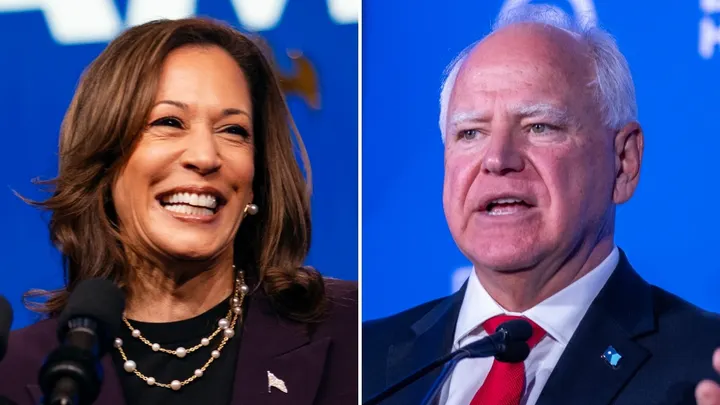
Walz also set up a hotline to report residents who violated COVID-19 mandates, as FOX 9 Minneapolis reported at the time.
Republican state Senate Majority Leader Paul Gazelka asked Walz to “please take [the] Hotline down” in a post after it was established, calling the move “unnecessary.”
“We can all show a bit of kindness to our neighbors as we manage our times and needs differently in the stay at home efforts,” the state senator said at the time.
Gazelka also noted Walz’s delay in sending the National Guard to Minneapolis when riots broke out downtown following George Floyd’s murder in May 2020.
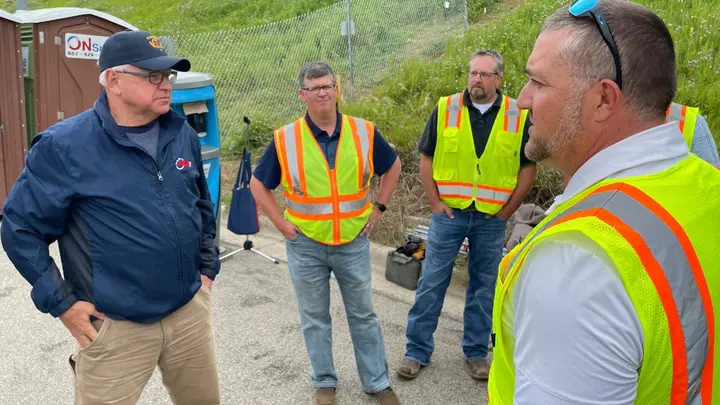
“I called the White House after [four] days of unbridled rioting with the Governor frozen on what to do,” Gazelka wrote on X on Sunday. “I know that Gov[.] Walz and Pres[ident] Trump talked. I know Walz finally brought the Guard out in full for the next night. But Walz was [three] days too late. Pressure may have made him move.”
Hann similarly said Walz “waited for three days before he could bring himself to ask for the National Guard to be deployed.” He also pointed to the “defund” police movement’s roots in Minnesota following Floyd’s murder and subsequent rioting in the Twin Cities.
As a result of the delayed action, hundreds of businesses across Minneapolis and St. Paul were devastated by the destruction and had to ask their local government for help recovering – on top of what they lost during pandemic-related closures.
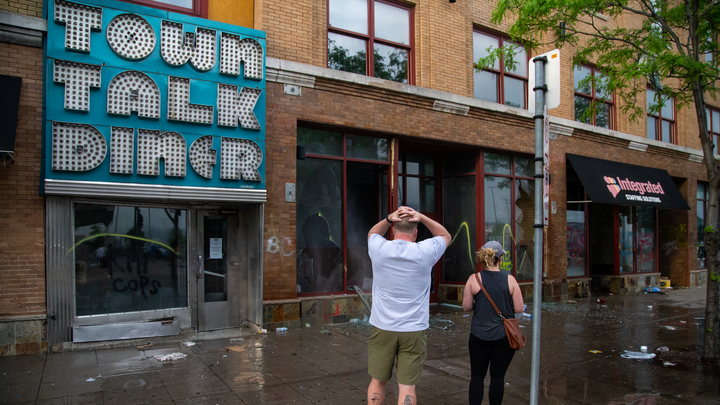
Harris herself faced criticism at the same time, most notably for a Tweet that encouraged followers to chip into a bail fund that was being used to help get protesters in the state out of prison.
“If you’re able to, chip in now to the @MNFreedomFund to help post bail for those protesting on the ground in Minnesota,” Harris said at the time.
That fact didn’t go unnoticed by critics such as Florida Gov. Ron DeSantis, who called the Harris-Walz team the “most left-wing ticket in American history.”
“Minnesota was ground zero for the BLM riots of 2020,” the Republican governor said on X shortly after news of Harris’ pick was revealed. “Harris egged it on and Walz sat by and let Minneapolis burn.”
Walz also faced accusations of breaking his own COVID-19 order when he attended a memorial service for Floyd, which the Twin Cities Pioneer Press reported at the time had too many people gathering too close together to be within the rules the governor himself was pushing.
The governor would go on to acknowledge that the service broke the order, but reasoned the event was needed to help with “healing” in the community.
“Denying that to happen as a healing on a broader, societal well-being, I don’t think would have been a good decision, but we probably could have done a little better as far as social distancing,” he said at the time.
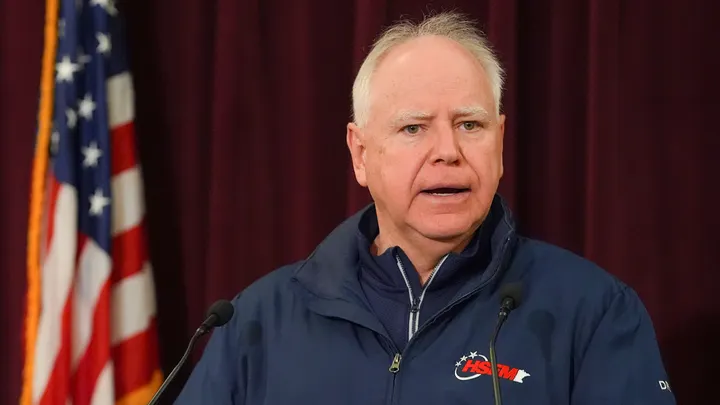
However, the criticisms from Republicans did not end in 2021 after COVID.
In March, following Walz’s State of the State address, he described Minnesota as the “best state in the country for a kid to grow up.” He listed his goals for boosting school funding, requiring “100%” clean energy by 2040, protecting abortion rights and protecting LGBTQ minors, according to The Pioneer Press.
House Minority Leader Lisa Demuth issued a response noting the challenges Minnesota is facing under Walz’s leadership, first noting a nearly $18 billion surplus in Walz’s $72 billion budget that was initially supposed to be returned to taxpayers but was spent on other state initiatives instead.
“We know that when there is tax relief offered for young families… as great as that sounds, and we are appreciative of that point, if Minnesota wasn’t such an expensive place to live,” Demuth said in March. “In addition to that $18 billion of surplus that is now gone, taxes and fees – our state budget – was raised by another $10 billion. We grew government in a way that is unsustainable.”
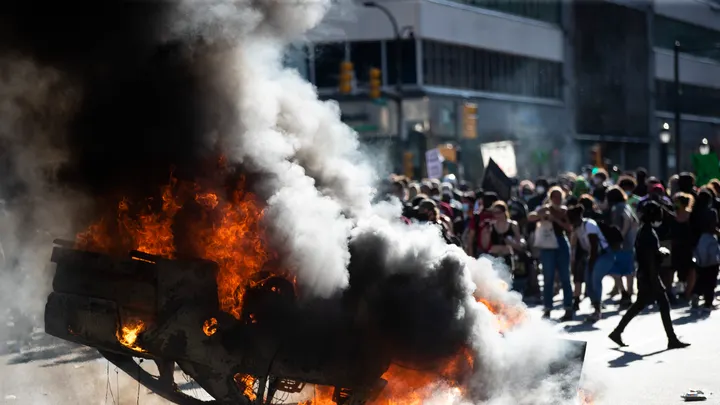
Hann made similar comments, condemning the governor’s “terrible mismanagement” of state funds.
“He set up the state for a structural deficit going forward, as he’s put in place spending regiments that will far exceed our ability to fund.… His and his policies have been detrimental to businesses.”
She also noted that children are scoring lower in statewide educational tests.
Additionally, many critics of Walz’s leadership have noted an increase in violent crime not only in the Twin Cities but across the state starting around 2020. While violent crime slightly decreased in 2023, according to the Minnesota Department of Public Safety, it is still higher than pre-pandemic levels.
Walz’s office did not immediately respond to a Fox News Digital request for comment.
source: foxnews
